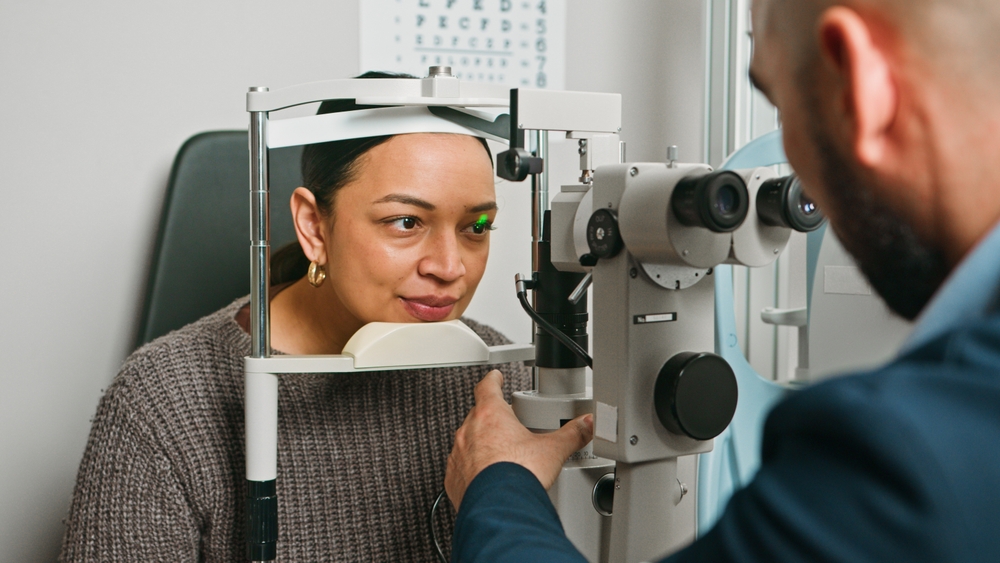Medical vs. Routine Eye Exams: Do You Need Both?
Blog:Medical vs. Routine Eye Exams: Do You Need Both?

Medical vs. Routine Eye Exams: Do You Need Both?
When most people think of an eye exam, they picture reading an eye chart and updating their glasses or contact lens prescription. While this is an important part of maintaining your vision, not all eye exams are the same. At Texas State Optical Lake Jackson, we often hear the question: What’s the difference between a medical eye exam and a routine eye exam and do I need both?
What Is a Routine Eye Exam?
A routine comprehensive eye exam is designed to evaluate both your overall vision and the health of your eyes. During this type of exam, your optometrist will:
Measure your visual acuity (how clearly you see at different distances).
Check your prescription for glasses or contact lenses.
Perform a thorough evaluation of your eye health to detect early signs of common issues such as nearsightedness, farsightedness, astigmatism, and other vision concerns.
Routine comprehensive eye exams are often covered by vision insurance plans, and they’re essential for keeping your prescription current while also ensuring your eyes remain healthy for the long term.
What Is a Medical Eye Exam?
A medical eye exam is performed when you have symptoms, concerns, or conditions that affect the health of your eyes. These exams focus on diagnosing, monitoring, or treating medical issues such as:
Glaucoma
Diabetic eye disease
Cataracts
Macular degeneration
Eye infections (such as pink eye)
Eye injuries
Unlike routine exams, medical eye exams are billed through your medical insurance rather than vision insurance. They are critical for early detection and management of conditions that can lead to vision loss if left untreated.
Do You Need Both?
Both types of exams serve different but complementary purposes. A routine eye exam ensures that your prescription is accurate and that your eyes are functioning at their best for everyday activities. Keeping your vision clear and comfortable is essential for work, school, and daily life.
On the other hand, medical eye exams focus on protecting your long-term vision by addressing eye diseases or urgent concerns. These exams are crucial when symptoms arise or when conditions such as glaucoma, diabetic eye disease, or infections need to be managed.
Even if you don’t currently have vision problems, scheduling routine eye exams can help detect medical conditions early, often before noticeable symptoms appear. However, if you experience sudden changes in vision, eye discomfort, or other concerning symptoms, a medical exam is necessary right away to prevent potential complications.
Keep Your Eyes Healthy and Your Vision Clear at Texas State Optical Lake Jackson
Your eyes deserve comprehensive care. Routine exams keep your vision sharp, while medical exams protect you from serious conditions that can threaten your sight. By scheduling both when needed, you give yourself the best chance at maintaining lifelong healthy vision.
Whether you’re due for your annual routine eye exam or need specialized medical attention, our team at TSO Lake Jackson is here to help. Visit our office in Lake Jackson, Texas, or call (979) 297-8188 to schedule your appointment and give your eyes the care they deserve.


